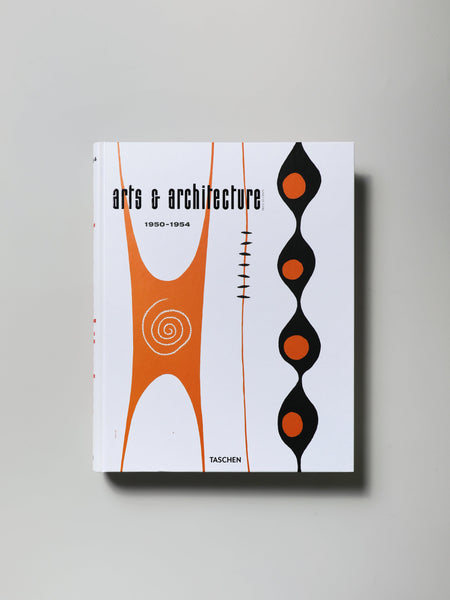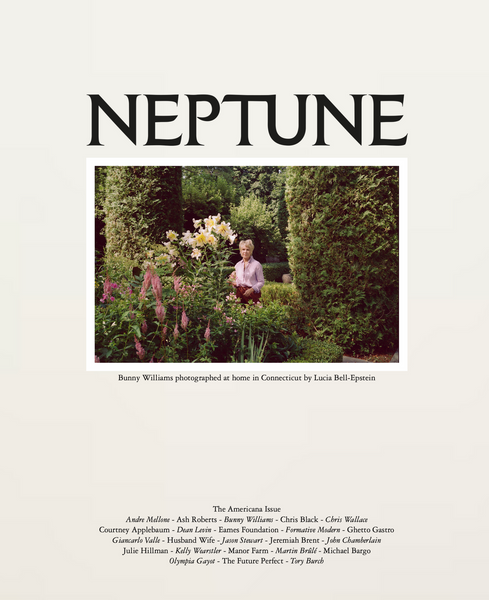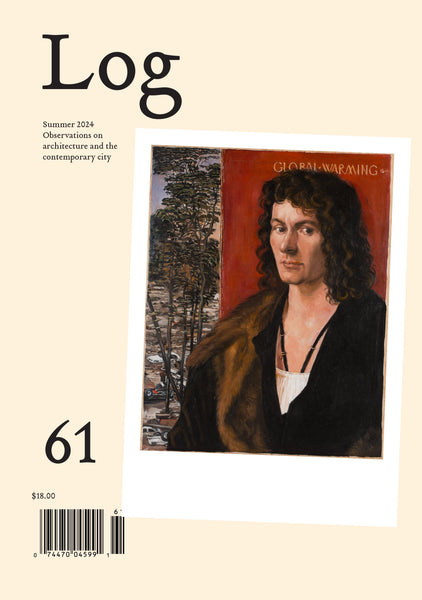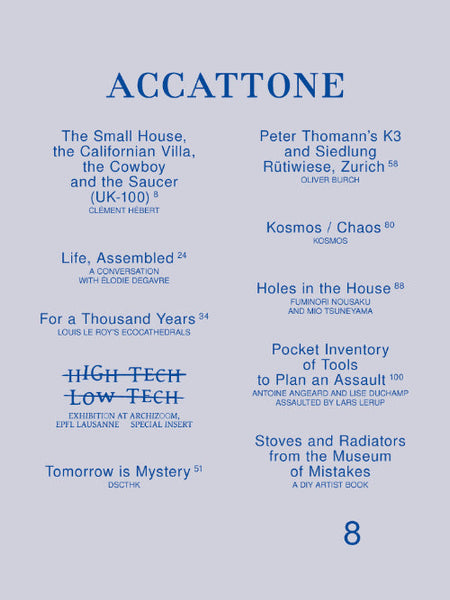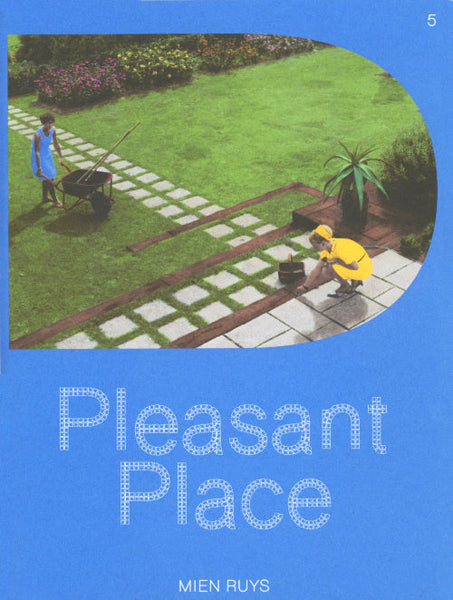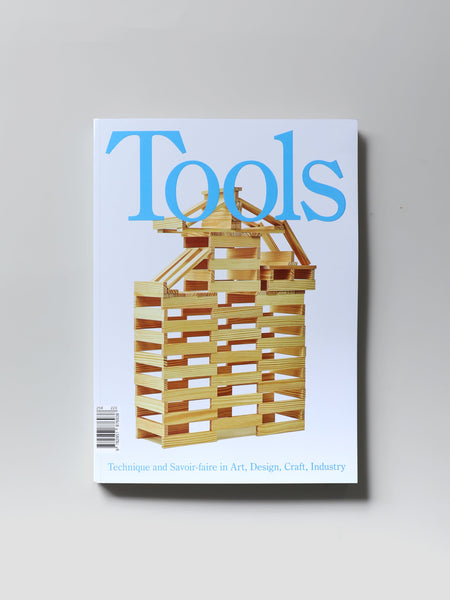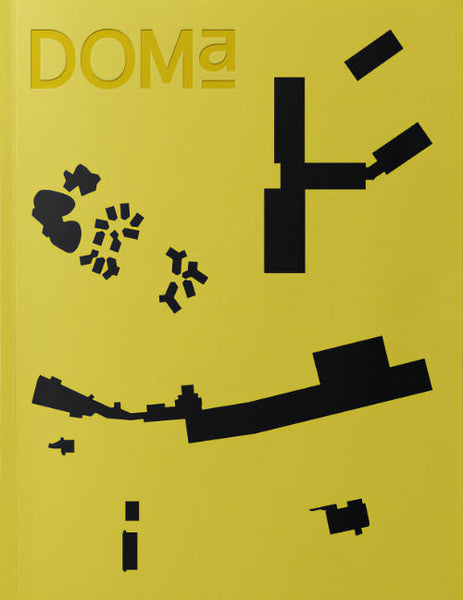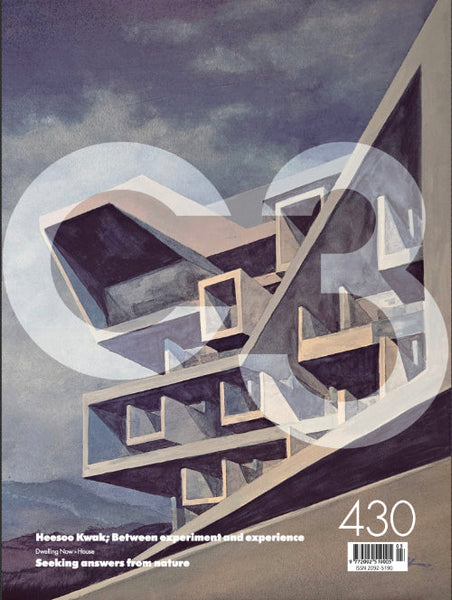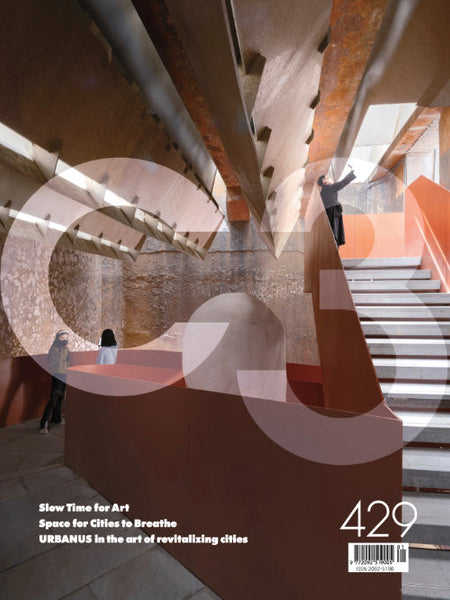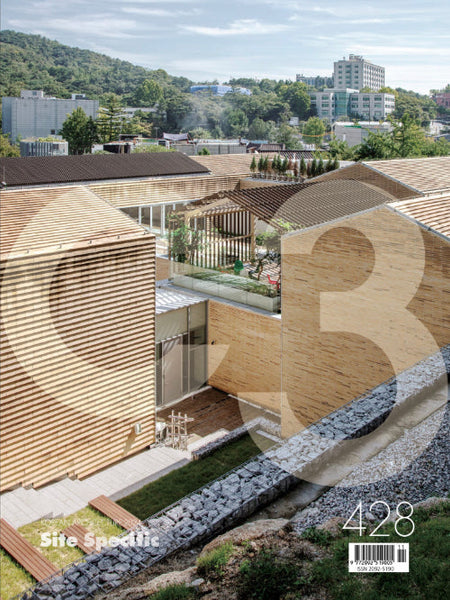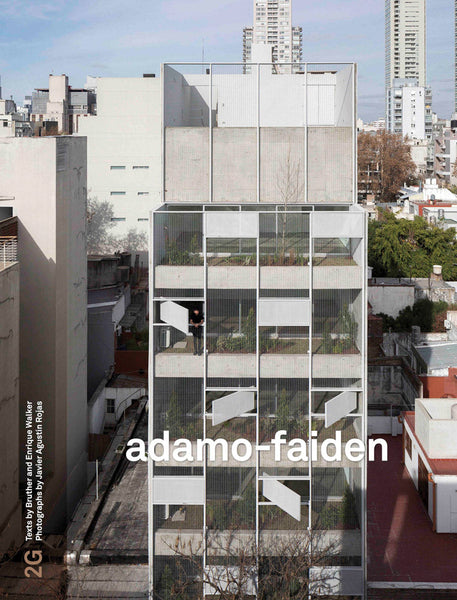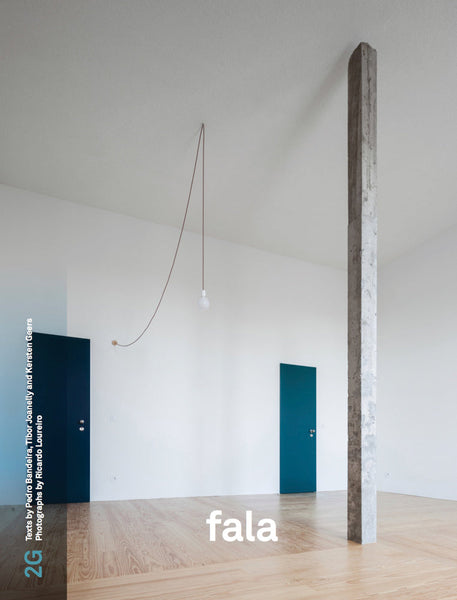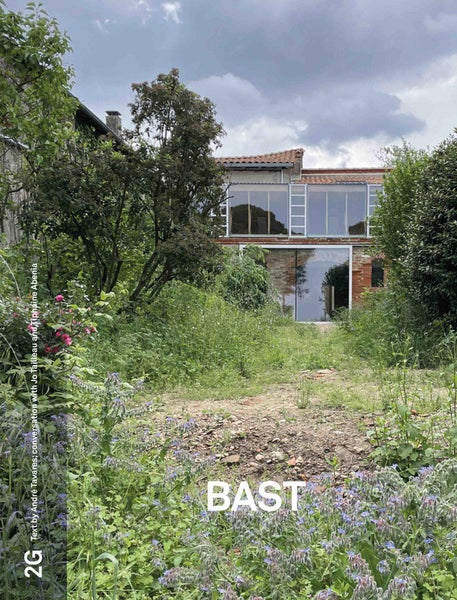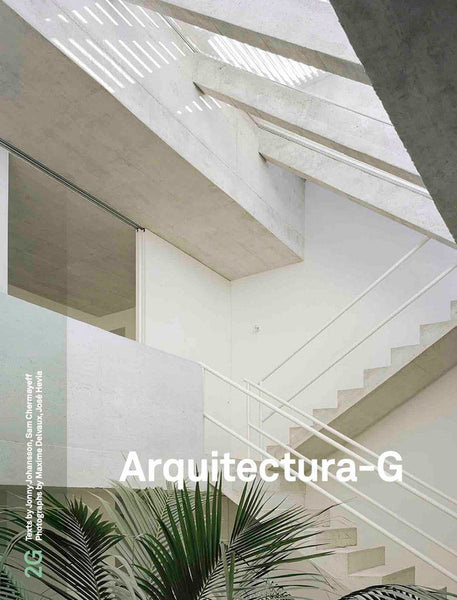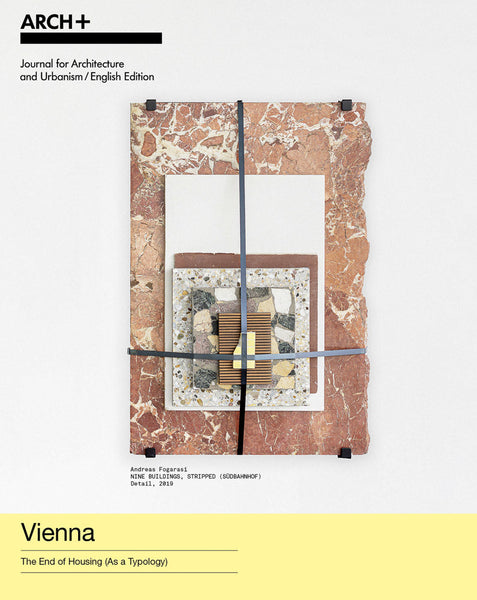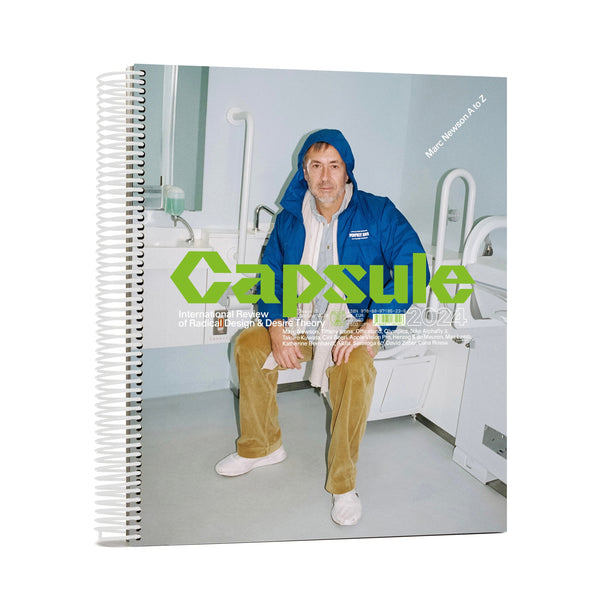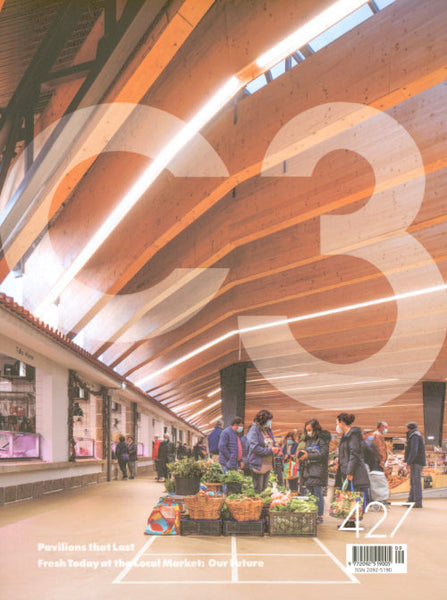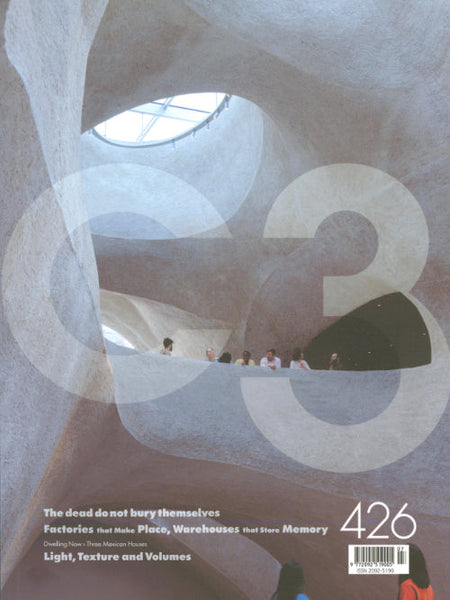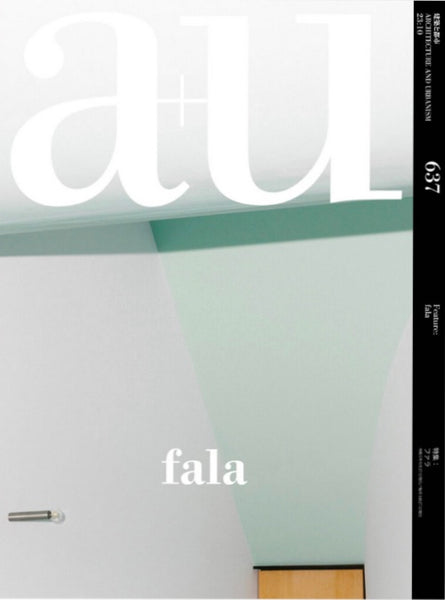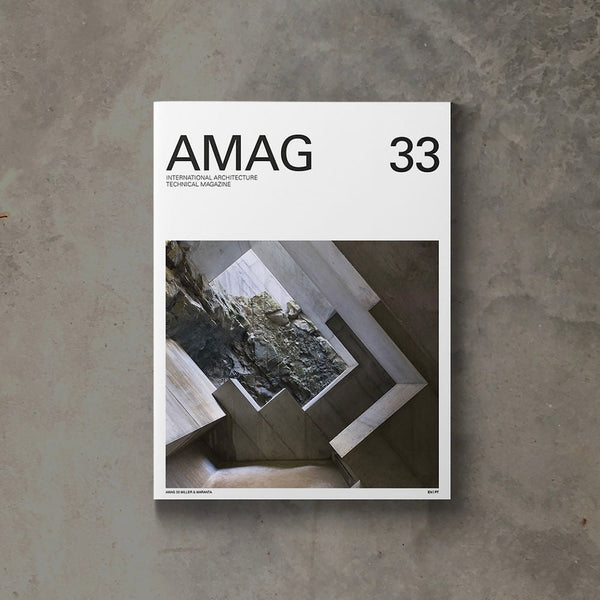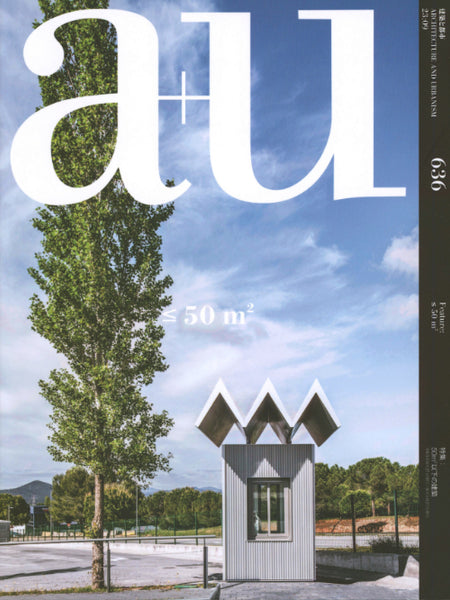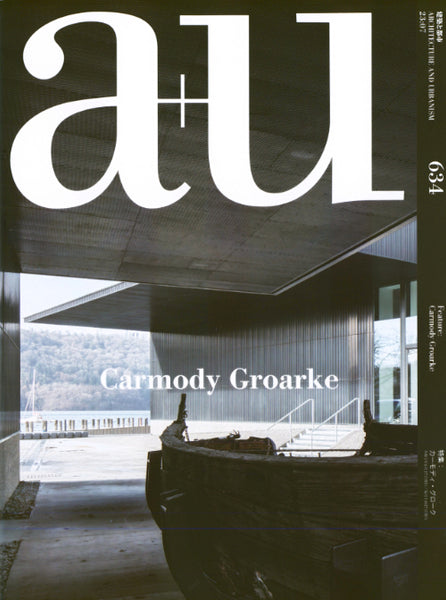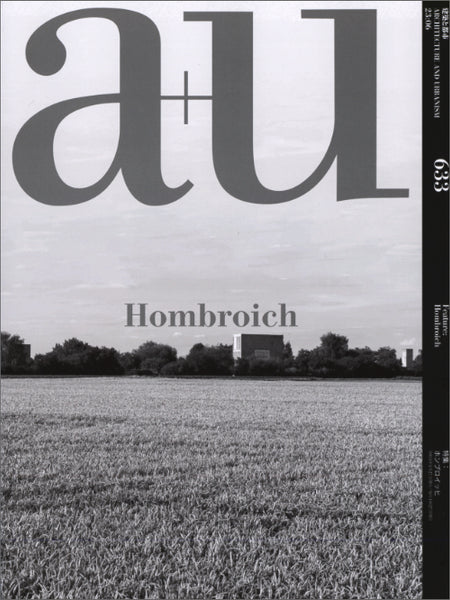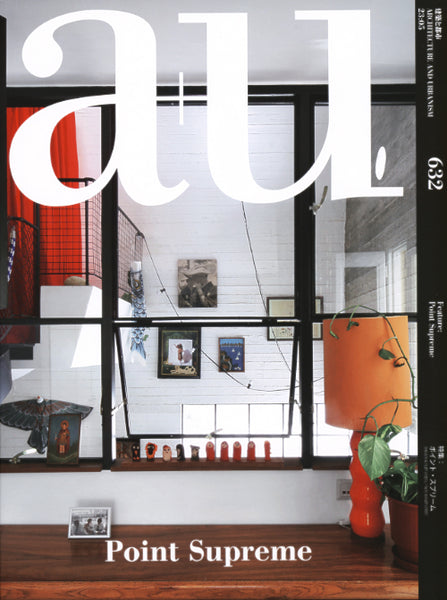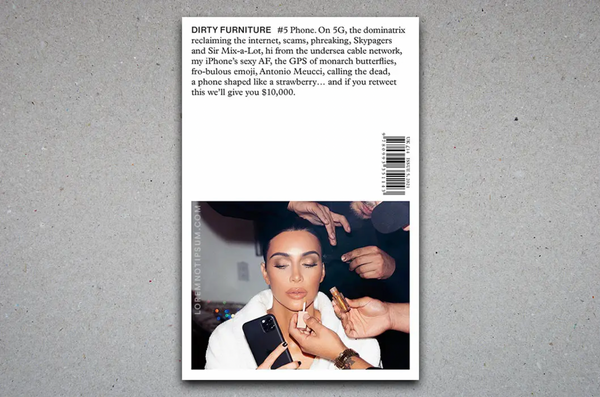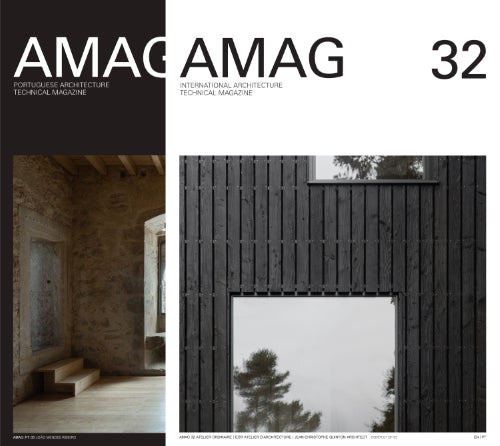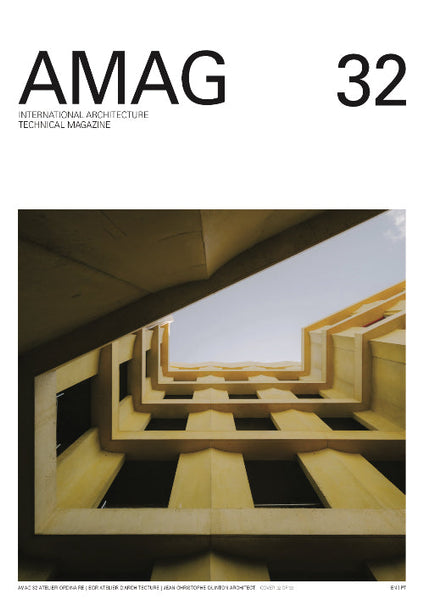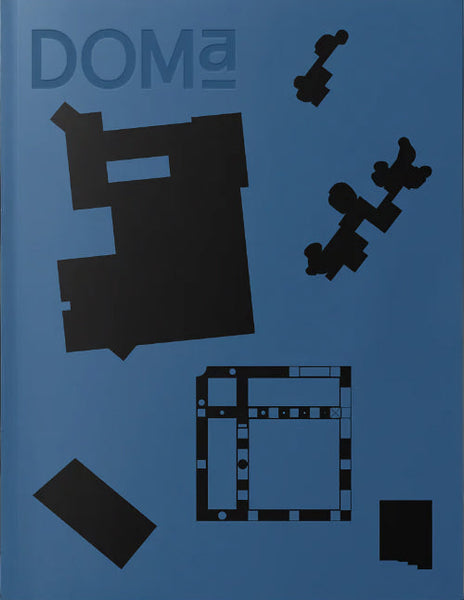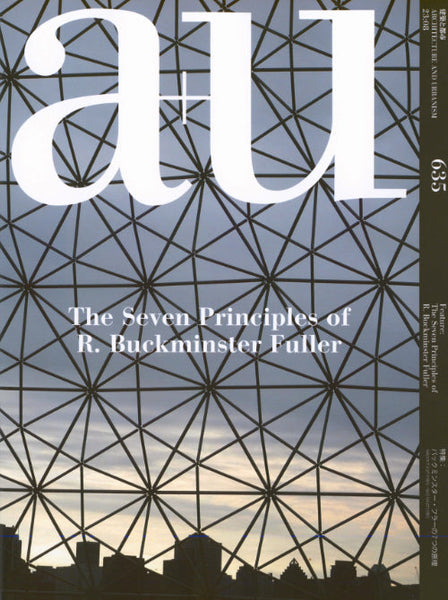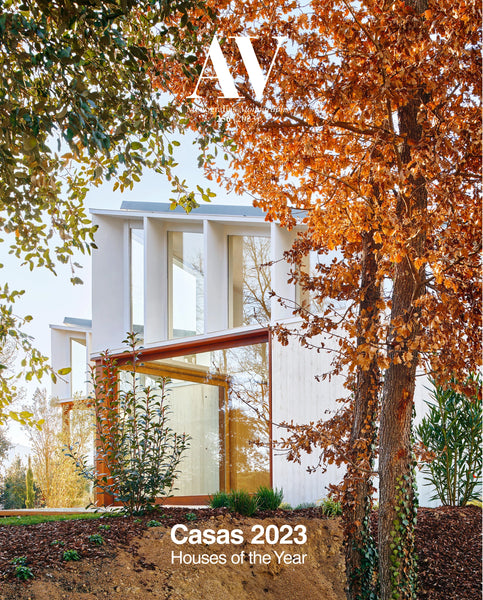

Log 47
Log 47
$18.00
Anyone Corporation 2019
SKU: S02441
“Until now, most environmental discourse in architecture has focused on carbon as a by-product of building and construction,” writes guest editor Elisa Iturbe in Log 47, “making it seem that at the ecological brink, architecture’s most pressing concern is energy efficiency.”
“Overcoming Carbon Form,” Log’s 200-page thematic Fall issue, reconceives architecture's role in climate change, away from sustainability and solutionism and toward architecture's formal complicity and potential agency in addressing the climate crisis. As Iturbe writes, “Decarbonization is not solely a question of technology and buildings systems but also a theoretical question for architecture and the city, one that questions carbon modernity as an obsolete cultural and material foundation for architecture.” To that end, the 24 authors – architects, artists, sociologists, historians, novelists, and policy makers – approach architecture’s role in the climate crisis in widely varied ways. From Pier Vittorio Aureli and Maria Shéhérazade Giudici on rethinking private property to Michael Bell and Eunjeong Seong on the house as power plant; from Holly Jean Buck on carbon sequestration infrastructure to Mimi Sheller on the military-infrastructural complex; from Skender Luarasi on anticipation to Albert Pope on urban obsolescence; from Lizzie Yarina on neoliberal resilience schemes and Gökçe Günel on a status quo utopia to Tahl Kaminer on the impossibility of autarky and Douglas Spencer on the fantasy of island life. Also in this issue, Kiel Moe on new perspectives, Rania Ghosn on geographic externalities, Laurence Lumley on asphalt, Ingrid Halland on plastic, Greg Lindquist on rolling coal, and Daniel A. Barber on air-conditioning. Plus an excerpt from Amitav Ghosh’s book The Great Derangement and a conversation with Rhiana Gunn-Wright about the Green New Deal.
PB.

